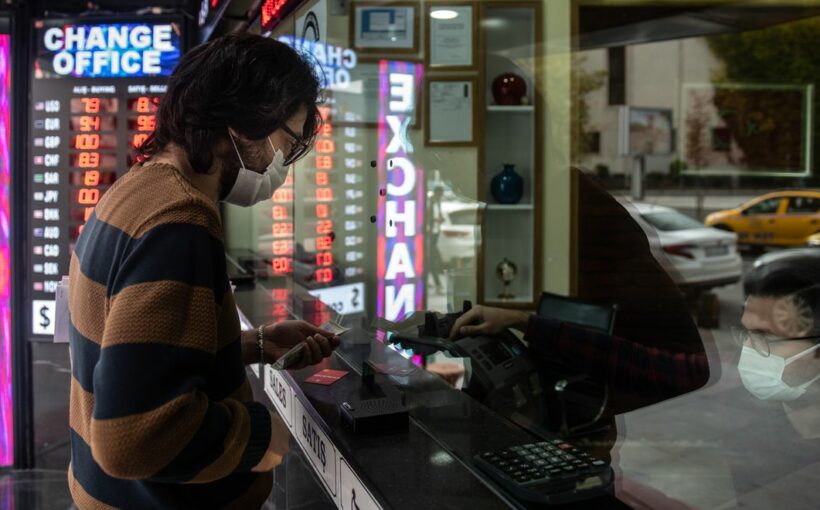Goldman Sachs Group Inc. revised its forecasts for the Turkish currencyagain, projecting further gains in the near term but warning that “the extent of lira appreciation may be limited.”
The central bank’s “shift to ahawkish bias should mean that currency markets continue to give the lira the benefit of doubt while the path to positive real policy rates is sustained,” Goldman analysts led by Zach Pandl said in a report to clients.
- The U.S. bank now forecasts the lira’s exchange rate against the dollar at 7 in three months; that compares with its earlier three-month projection for 7.50
- “An upward revision to the end-2021 inflation forecast of 9.4% year-on-year at the inflation briefing next week could provide a more realistic assessment of the outlook and potentially serve as a positive catalyst”
- Goldman’s six-month and 12-month dollar/lira predictions are shifted to 7 and 7.50, from 7.75 and 8.00 previously
- The lira is among the best performers in emerging markets against the dollar this year, closing on Friday at 7.4170
- The Turkish currency has appreciated over 14% from a record low reached on Nov. 6, following President Recep Tayyip Erdogan’s shake-up of his economy team
Turkey’s central bank left its benchmark interest rate unchanged at 17% at the first monetary policy meeting of the year, pledging to keep it elevated for an “extended” period.
“Even if this shift to more orthodox monetary policy in Turkey is maintained, currency strength may ultimately be constrained by a necessary attempt at rebuilding FX reserves,” Goldman’s analysts said.
Read more on Turkey’s currency and policies: - Erdogan Says He’s ‘Absolutely’ Against High Interest Rates
- Turkish Demand for Dollars Shows First Sign of Abating
- Turkey Rating Left Unchanged by S&P at Four Levels Into Junk
- Turkey Central Bank Says Rates Won’t Be Cut Quickly After Pause
- Turkey Weighs End to Banks’ Dividend Freeze on Recovery Hope
Source: Read Full Article
